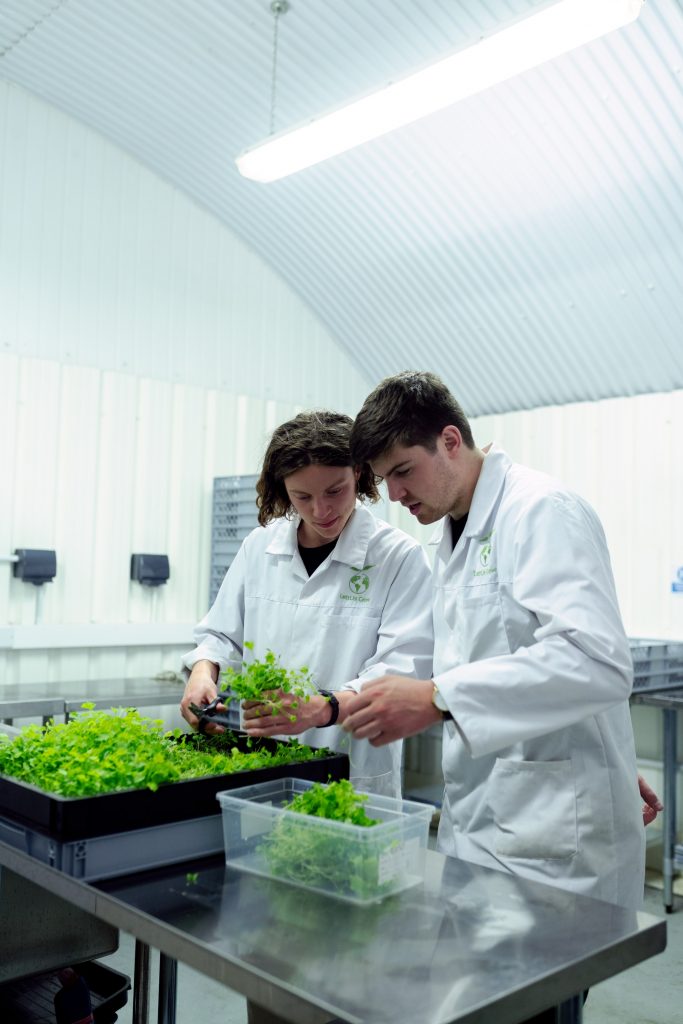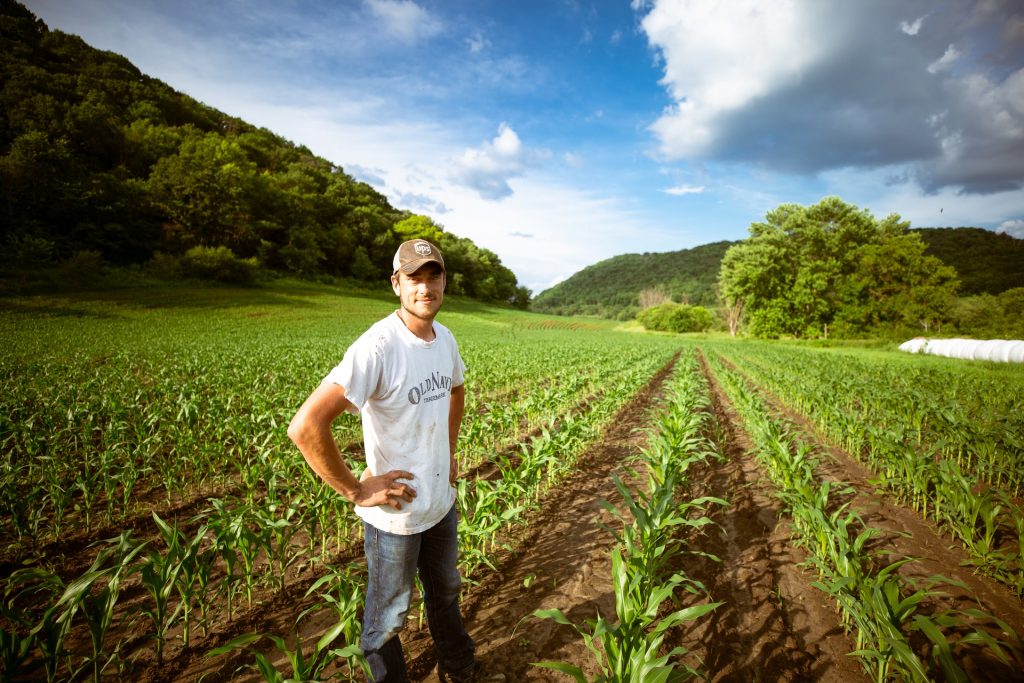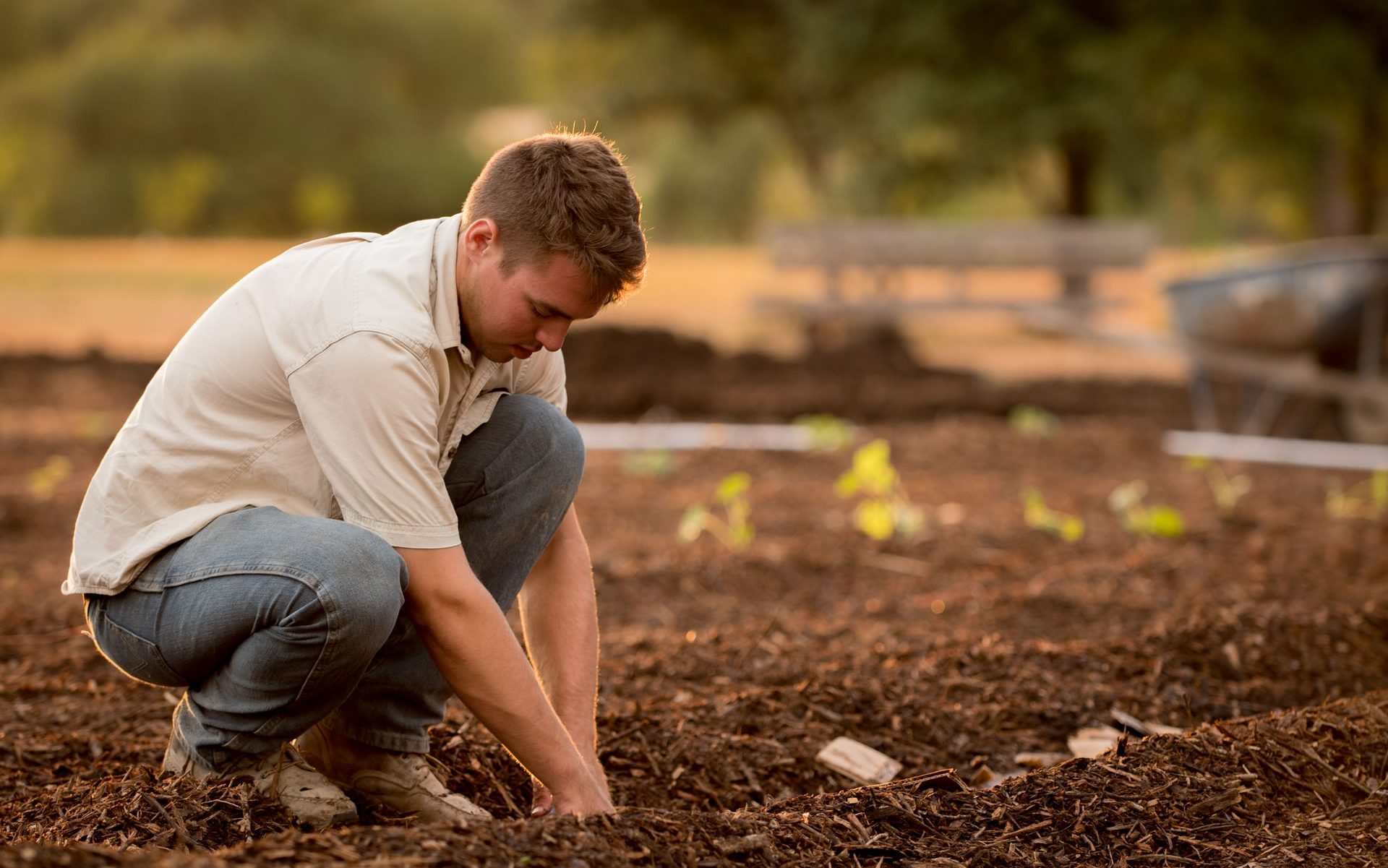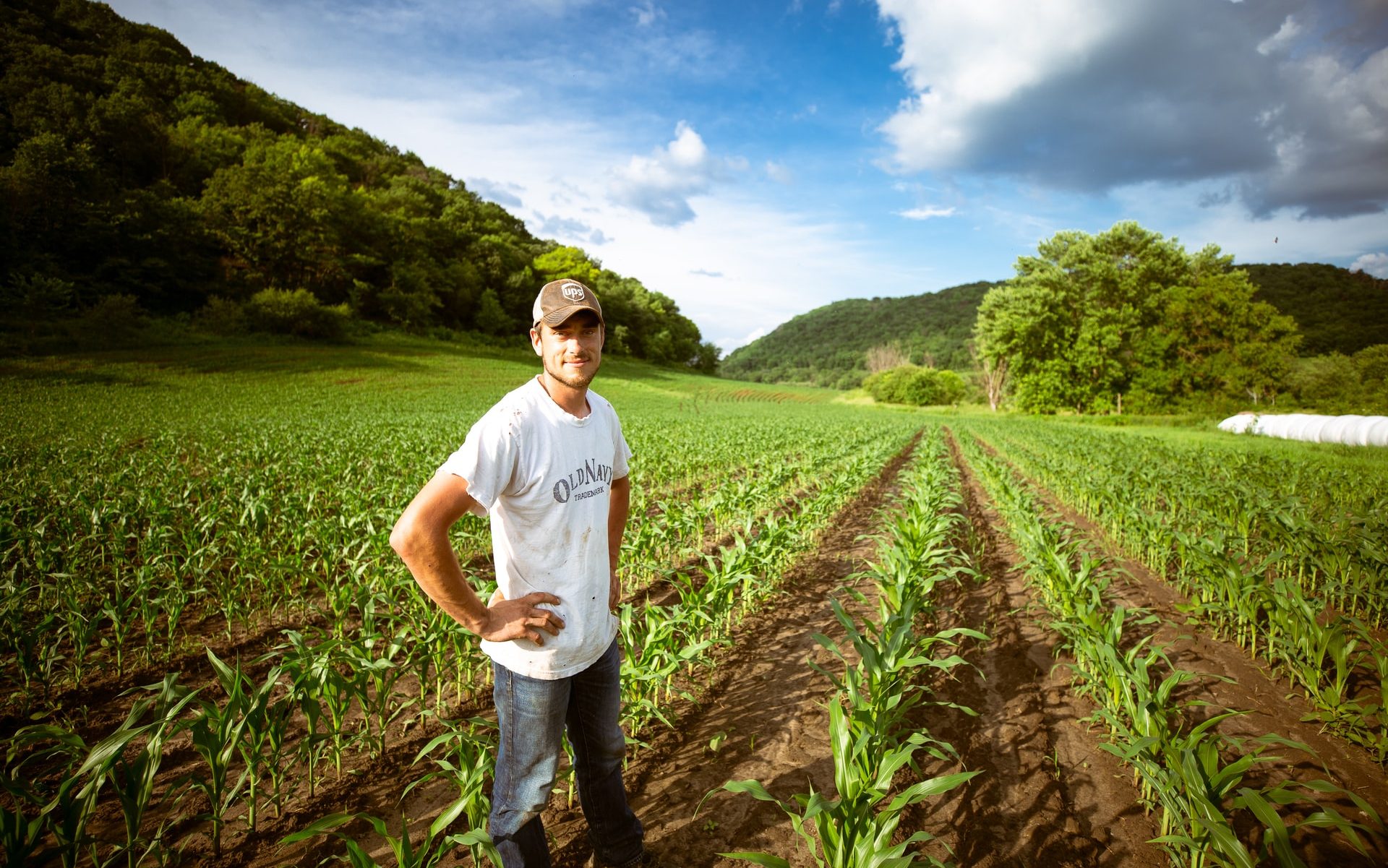Whether you’re looking to work in agriculture or just learn more about farming, there are a lot of in-person and online farming courses. These can range from starting a farm (as a business or hobby) to working in agribusiness and farming.
Increase livestock and crop yields using new agriculture technology (Agritech) or discover other types of farming that are highly profitable. Take an agricultural sciences university degree to become a breakthrough researcher or consultant. Whether you’re looking for an introductory course, or something more advanced, there’s likely a program that will fit your needs.
- What to Consider when Picking Agriculture and Farming Courses?
- Are you taking agriculture and farming courses to further your career, business, or hobby?
- Are you more interested in taking agriculture and farming courses in person or online?
- Do you need certification or qualifications to achieve your goals?
- How much time do you have to commit or how flexible is your schedule?
- Where to Learn about Farming and Agriculture?
- 1. Take agriculture and farming courses online
- 2. Attend agriculture school or college
- 3. Volunteering at a farm (or applying for an apprenticeship)
- Courses to kickstart your farming career
What to Consider when Picking Agriculture and Farming Courses?
There are many places where you can learn about agriculture and farming. But choosing a course and place to learn at depends on your preferences, goals, and limitations.
Are you taking agriculture and farming courses to further your career, business, or hobby?
Many hobby farmers are satisfied with short courses in farming that fit into their budgets since they don’t have to focus on profitability. Getting some farm experience might also interest them if they want to learn an unfamiliar form of farming.

Commercial farmers, on the other hand, might have more resources and incentives to make sure they’re making money. Moreover, they are more likely to invest in advanced Agritech courses to explore new technology. They’d also need to keep up with certification licenses for using certain chemical pesticides.
The same is true for those seeking careers in agricultural sciences and business (such as agronomists, soil scientists or water engineers), who need a university degree. In addition to high tuition fees, time commitments can range from 1 to 5 years.
Are you more interested in taking agriculture and farming courses in person or online?
Taking degree courses at a university does not need to be on-campus anymore since distance learning is available. Getting a bachelor’s degree can be done from home. If you don’t live close to a learning institution and have other commitments, this can be helpful.
Despite that, farm management, agricultural research, and other hands-on experience are important. Training in person is a great way to gain hands-on experience and establish industry connections, especially when your institution, instructor, or mentor is well-connected.
In many cases, it is good to combine in-person and online training.
Do you need certification or qualifications to achieve your goals?
There is no doubt that a career in agriculture sciences and engineering requires a recognized diploma or degree. Besides boosting your salary, the qualification also helps you advance in your career, be it in scientific research or consultancy.
A government body may also require specific farming certification courses if you use specialized agricultural equipment or chemicals.
You might not need certification for anything else, though.
How much time do you have to commit or how flexible is your schedule?
Your schedule and commitment will determine what kind of agriculture and farming courses you can take. You might be better off taking a self-paced course online if you’re extremely busy. You might also want to consider a part-time hybrid program if you want hands-on experience.
Where to Learn about Farming and Agriculture?
Here are some places you can take your agriculture and farming courses based on the factors you have to consider. Maybe you could also look into apprenticeships.

1. Take agriculture and farming courses online
Many reputable schools, organizations, and MOOCs (Massive Online Open Courses) offer online programs, including distance learning diplomas and degrees. Depending on the program, agribusiness can be covered in depth (over weeks or months) or a specific area of farming like hydroponics can be covered quickly (in hours or days). Online courses are often more suitable and affordable for hobby, subsistence, or urban farmers.
Coursera, edX, and Udemy are examples of MOOCs that offer agriculture and farming courses.
2. Attend agriculture school or college

Many colleges and universities offer agriculture courses, both online and on-campus. Some majors and specialisations include animal science, horticulture, agribusiness, viticulture, food science, forestry, and sustainable agriculture. To pursue a career in farming or agriculture, it’s important to choose the right concentration.
As mentioned, institutions have an advantage over fully online programs in that they offer internships and apprenticeships that provide firsthand experience. As well as developing your skills, being at school is a great way to establish your network within the agricultural industry (including agricultural suppliers and government officials).
3. Volunteering at a farm (or applying for an apprenticeship)
Lastly, if you want to gain firsthand experience working on a farm, you can apply for an apprenticeship or volunteer. Farmers are always in need of help. Plus, you’ll get to work with experienced farmers who can teach you everything about the trade. Agricultural apprenticeships are also a great way for people without any previous experience to learn more about the industry.
Australia even has vocational training programs under its TAFE institutions. Both domestic and international students are welcome.
Bottom Line: Agriculture and Farming Courses
Whether you’re interested in a career in agriculture or farming as a hobby, there are a number of programs available to you that can help you achieve your goals. Universities, community colleges, and other educational institutions offer courses in agriculture and farming. However, you can also take short online farming courses or participate in remote learning programs.
Check out the agricultural and farming courses near you, abroad, or online if you’re interested in learning more.


